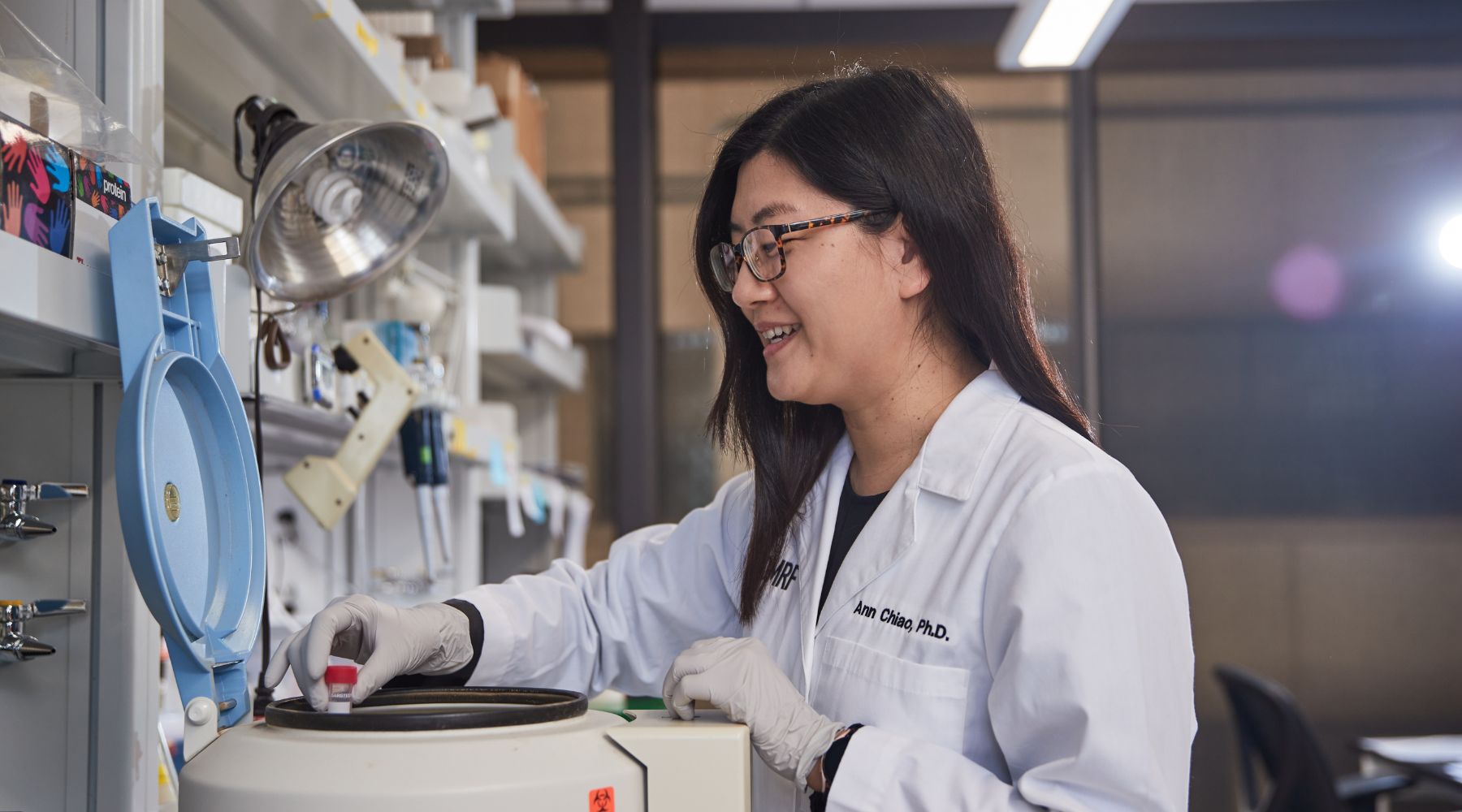An Oklahoma Medical Research Foundation scientist has received a $3 million grant to explore a pathway to better heart health as we age.
Ann Chiao, Ph.D., studies a coenzyme called NAD+, which is found in cells throughout our bodies.
NAD+ was first discovered by scientists more than a century ago. Compounds that boost NAD+ levels are sold as over-the-counter dietary supplements under many different commercial names and promoted for their potential to improve energy production, metabolism and healthy aging.
According to market research reports, NAD+ boosters account for 14% of all money spent on anti-aging products. Global sales of NAD+ boosters totaled $488 million in 2021 and are projected to reach $1.4 billion by 2030.
Clinical trials generally have shown NAD+ supplements to be safe. However, Chiao said testing has revealed mixed results for specific benefits, such as exercise performance, sleep quality and heart health.
For example, in a 2023 Japanese study, researchers looked at healthy middle-aged people to see whether an NAD+ booster would help age-related hardening of the arteries. However, testing found no significant difference between those who’d taken NAD+ for 12 weeks and those who’d taken a placebo.
Chiao’s study aims to determine whether NAD+ requires a “transporter” protein to move it into the right compartment of the cell – the mitochondria – in order to work efficiently in the heart.
“The mitochondria is the powerhouse of the cell,” Chiao said. “You can put large quantities of NAD+ into your body, but without the transporter that takes it into the mitochondria, you may not fully receive full benefits. In older people, this seems to be the case for the entire body, but especially in the heart.”
Her new grant will fund early research into the importance of that transporter protein in optimizing NAD+ distribution in the heart. If her theory proves true, the next step would be development of a new drug taken along with an NAD+ booster.
“There is still a lot we don’t know about NAD+, which likely contributes to the mixed results from supplementation,” said Benjamin Miller, Ph.D., who chairs OMRF’s Aging & Metabolism Research Program. “Dr. Chiao’s research focuses on where in the cell NAD+ is low, which could be an important overlooked reason for the mixed results. Her study may reveal a target for more consistent positive responses.”
The five-year grant, No. 1R01AG081855-01A1, was awarded by the National Institute of Aging, part of the National Institutes of Health. A previous grant from the Oklahoma City-based Presbyterian Health Foundation funded Chiao’s preliminary research.



